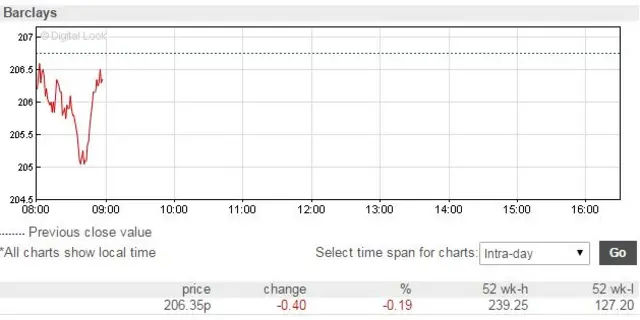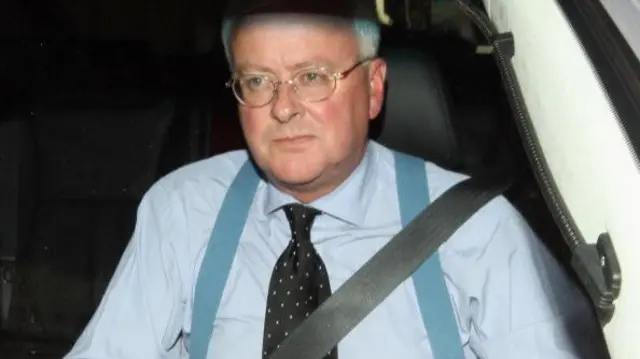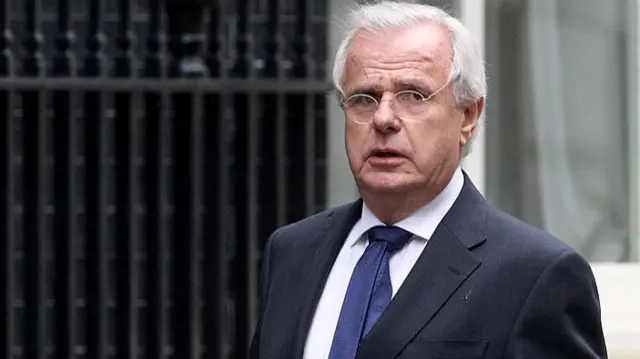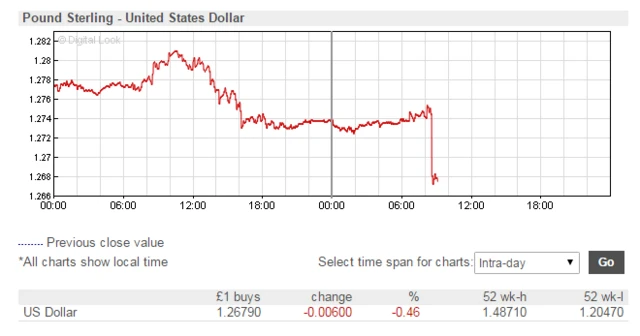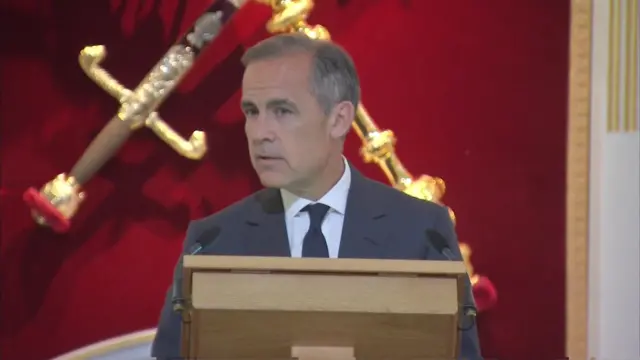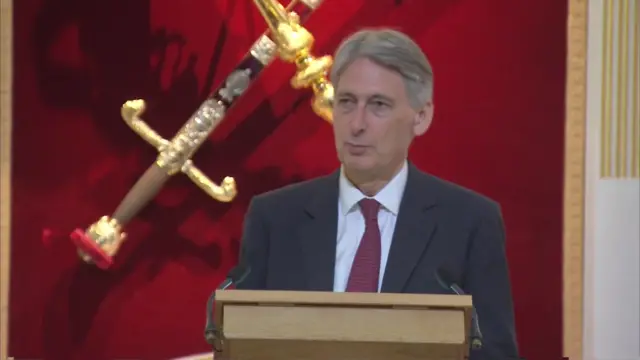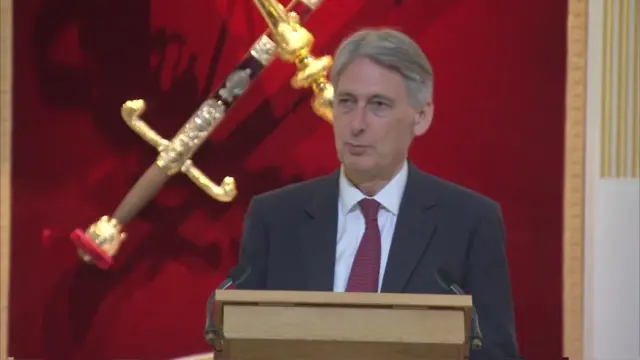Shares under water?published at 09:53 BST 20 June 2017
 Image source, PA
Image source, PAShares in plumbing and heating supplier Wolseley - which owns Plumb Centre - are down by 2.3%, making it the biggest faller on the FTSE 100.
The drop follows the publication of its results which revealed the firm saw sales growth in all its regions except the UK. The figures are likely to be seen as a further indication UK consumers are cutting back on big ticket spending in the face of rising inflation and falling real wages.
Wolseley plans to change its name at the end of July to match its US brand name Ferguson.
